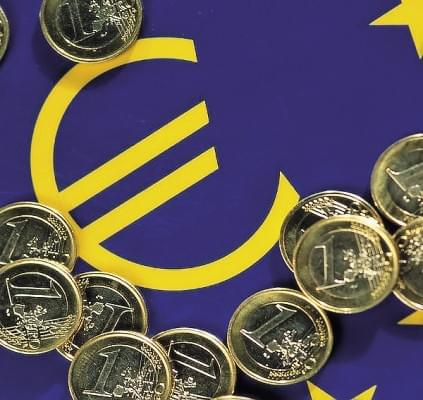EU proposal to fight tax fraud
In order to reform its obsolete VAT system, the European Commission (EC) has proposed an action plan to make it simpler, more resistant to fraud and more enterprise-friendly. VAT is a very important source of revenue in the European Union: in 2014 it represented 7 percent of the EU’s GDP. Today, when a growing number of businesses trade across borders, a new regulation is needed to keep the system working. In 2017 the EC intends to come forward with a proposal to put in place definitive rules for a single European VAT area. Under the new rules, cross-border transactions would continue to be taxed at the rates of the member state of destination (‘destination principle’) as today, but the way taxes are collected would be gradually changed towards a more fraud-proof system. At the same time, an EU-wide website would be launched to ensure a simple VAT collection system for businesses and a more robust system for member states to gather revenue.
The VAT gap, which is the difference between the expected VAT revenue and VAT actually collected in member states, was almost EUR 170 billion in 2013. EC vice president Valdis Dombrovskis told that every year cross-border VAT fraud costs member states and tax payers about EUR 50 billion. At the same time, the administrative burden for small businesses is high and technical innovation poses new challenges for VAT collection. Estimation is that the new system could cut cross-border VAT fraud by EUR 40 billion (by 80 percent).
Under the current rules, member states need to stick to a pre-defined list of goods and services when it comes to applying zero or reduced VAT rates. The EC plans to modernise the framework for rates and to give member states more flexibility in future. It proposes two options: one option would be to maintain the minimum standard rate of 15 percent and to review regularly the list of goods and services which can benefit from reduced rates, based on member states’ input. The second option would abolish the list of goods and services that can benefit from reduced rates. This would, however, require safeguards to prevent fraud, avoid unfair tax competition within the single market and it could also increase compliance costs for businesses. Under both options, the currently applicable zero and reduced rates would be maintained. It is also part of the VAT action plan that businesses would only have to have a VAT registration number in their own country – this step could save about EUR 1 billion for companies a year.
Following the publication of the European Commission’s action plan on VAT, BUSINESSEUROPE’s – an organisation that represents small, medium-sized and large companies in Europe – director general Markus J. Beyrer commented: ‘The European Commission’s action plan on value-added tax can give a much needed impetus to modernising the EU’s VAT system. We particularly support efforts to remove VAT obstacles to e-commerce and help enhance the single market in this crucial area. We look forward to working with the EC on its plans to simplify VAT and to enhance cooperation and trust between tax administrations themselves and between tax administration and business.’.
Related news
Half of Hungarians already search for products using AI
🎧 Hallgasd a cikket: Lejátszás Szünet Folytatás Leállítás Nyelv: Auto…
Read more >Glovo Adds New Personalisation Features To Its App
🎧 Hallgasd a cikket: Lejátszás Szünet Folytatás Leállítás Nyelv: Auto…
Read more >Related news
New CEO at Magyar Suzuki Zrt.
🎧 Hallgasd a cikket: Lejátszás Szünet Folytatás Leállítás Nyelv: Auto…
Read more >








